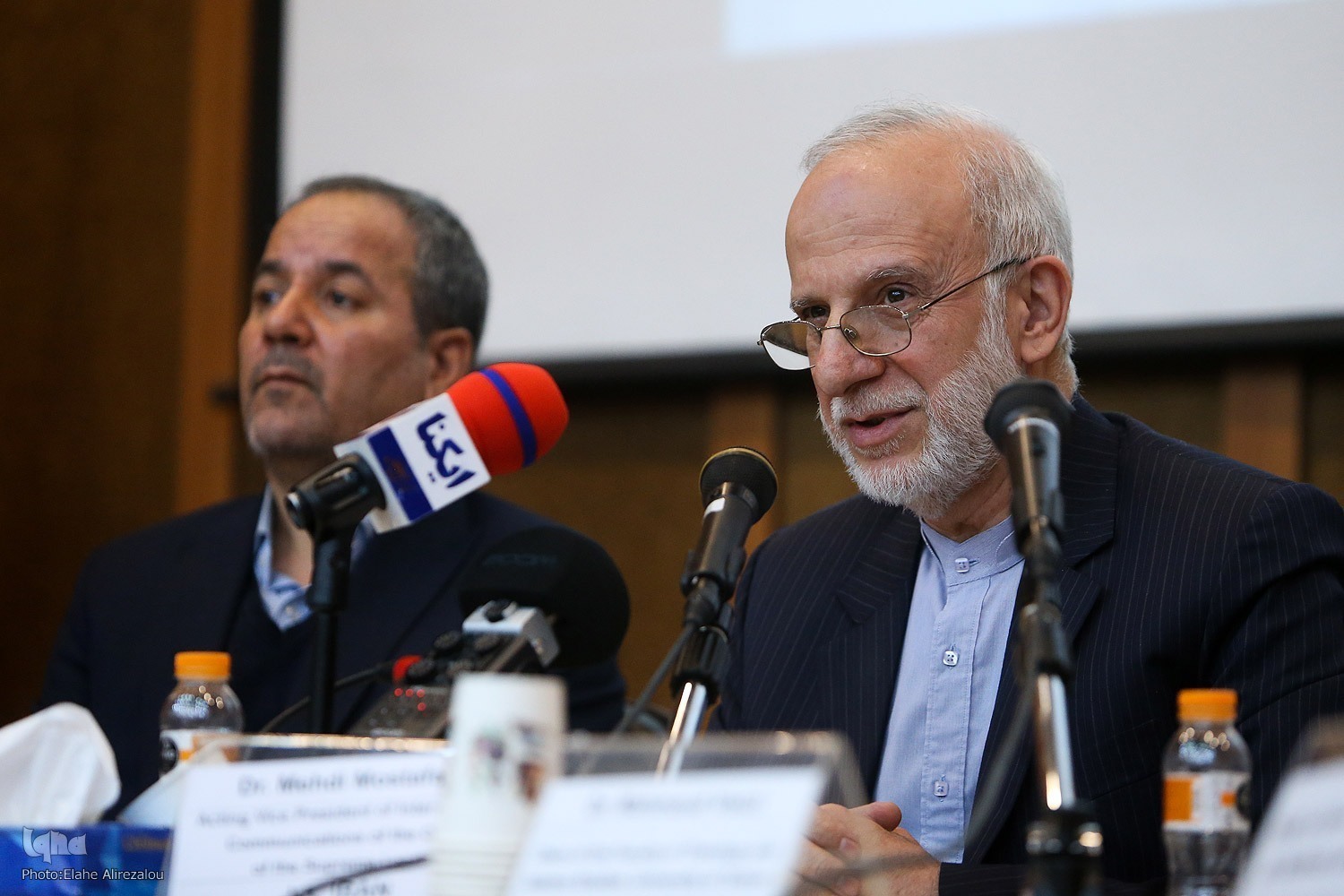Hajj A Collective Duty Meant to Promote Unity

Speaking to IQNA, Seyyed Mahdi Mostafavi, from the office of the Leader of the Islamic Revolution in Hajj and Pilgrimage Affairs, pointed to the message of unity in the Hajj pilgrimage.
The requirement for all capable Muslims to perform the Hajj pilgrimage in Mecca and Medina during a designated month, on specific days, and at a particular location, carries a “significant” message that Hajj represents a collective act and societal duty, bringing together Muslims who are able to travel to fulfill this shared responsibility simultaneously, he said.
“God did not order Muslims to carry out the rites individually or at varying times and locations,” he added.
Hajj is a time for Muslims to connect, understand each other’s strengths and weaknesses, forge friendships, and demonstrate unity, Mostafavi went on to say.
Read More:
“The display of unity during Hajj is crucial for the individual and collective growth of Muslims and showcases the strength of the Islamic community,” he highlighted.
Despite the unity fostered by Hajj, the Islamic community faces challenges, such as the 8-month-long Israeli devastating war against the oppressed people in Gaza, he said, adding that the war has drawn global attention to the “criminal” nature of the Israeli regime.
The Israeli aggression on Gaza has killed more than 37,000 Palestinians, mostly women and children, and displaced nearly all of the 2.3 million population amid a crippling blockade of medicine, food, and energy.
Read More:
A key principle of Hajj is the declaration of dissociation (Bara’at), which involves distancing oneself from adversaries, he said, adding that this concept has extended beyond the Muslim community and Hajj season, as many around the world, including university students, have become aware of the Israeli atrocities and have taken stances accordingly.
It is hoped that the Hajj season will symbolize the Islamic community’s authority and unity, as well as its collective disapproval of humanity’s foes, Mostafavi added.
4216643



